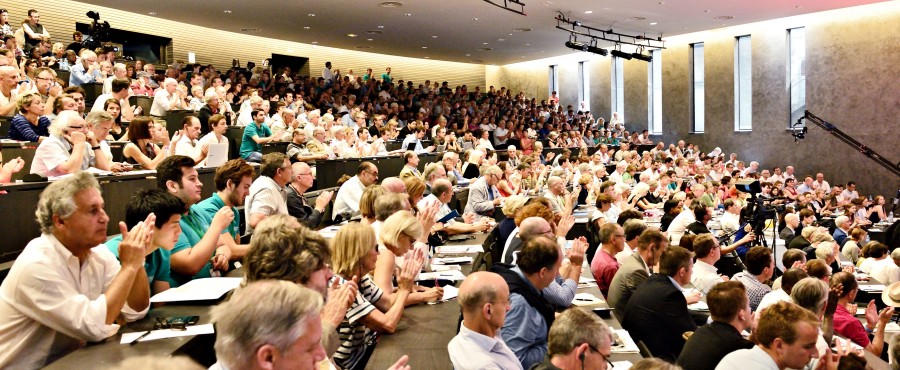1 Jul 2016
Are we really in a Turbulent World ?
Session 1

Globalisation means that countries take a more international outlook while businesses become more global and markets become increasingly integrated. However, it also means that economic turbulences are felt worldwide too. Financial crises, monetary shocks, pandemics, the effects of global warming, political or religious tensions and, of course, conflicts and wars are now all seen as systemic crises that contaminate the world economy as a whole. No country can escape but they may feel the effects to varying degrees. All crises are different, yet History shows that they are cyclical. The extent of this systemic turbulence first depends on the type of shock, its size and its predictability. It is also a result of the multiple interdependences that make up the vast network that is the world economy, with its various flows (of products, technologies, capitals, ideologies, migrants and so on) and the brutal mechanisms that adjust and amplify shocks, the effects of which each country feels differently.
The aim of this session is to analyse just how turbulent the world economy is today, how it is increasingly unpredictable and to determine the room for manoeuvre that countries have in such a context.
Coordination
Moderator
Speakers

Kemal DERVIS
Vice President and Director of Global Economy & Development
The Brookings Institution
BiographyContributions
André Cartapanis _ session 1








